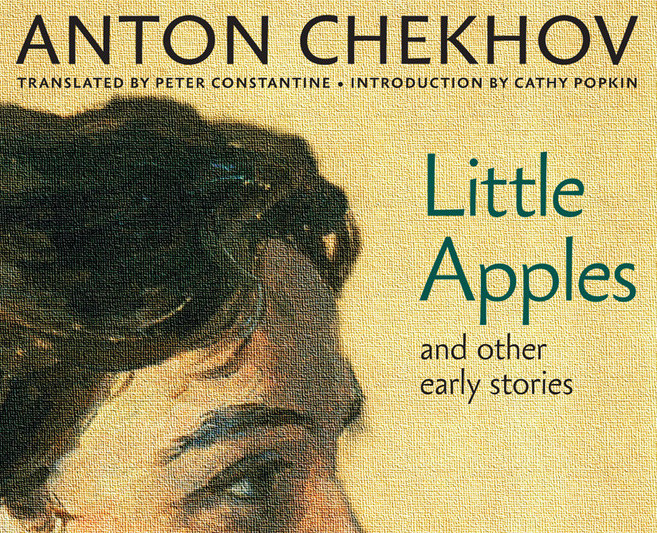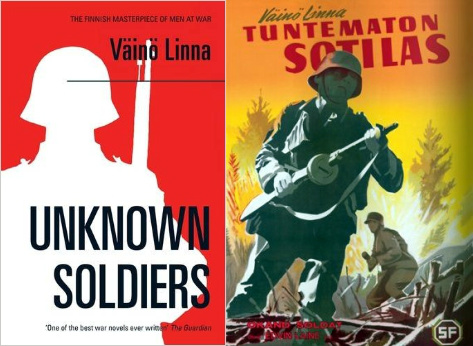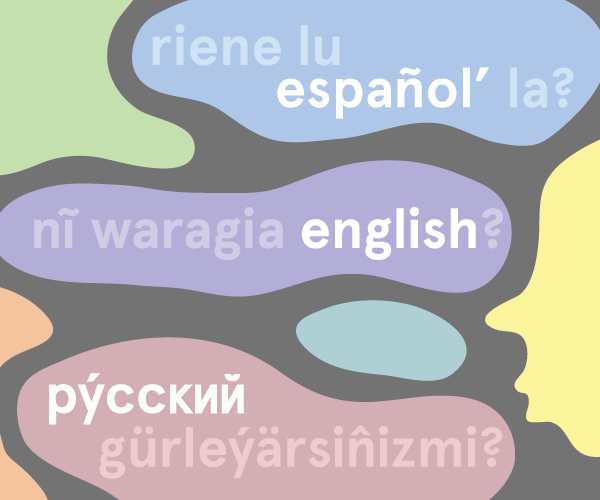Podcast: Play in new window | Download
Subscribe: iTunes | Android | RSS
In this month’s episode we look at science fiction from all over the world. We’ll start with the Hugo awards, the Oscars of science fiction, where a group calling themselves the Rabid Puppies is trying to take over the ceremony to protest diversity in science fiction which they see as destroying the genre. To prove them wrong, we’ll look at fantastic works from America, Russia, Cuba, and Nigeria that tell stories about dreaming robots, alien plagues, time travel, monstrous sea creatures, and the perils of extra terrestrial communication. This is the Asymptote podcast.
Editor: Mirza Puric
Voice Actors: Piyali Syam, Alessio Frank, and Rron Karahoda.
Music: Spare by Ono, Gotta Run by Wahyas, Let it Me by Drag Sounds, I Was Born on the Wrong Day by Cate Le Bon, Mary Bumble Bee by Purling Hiss Here, Masked Laughter by Dalek, Devil Do by Holly Go Lightly.
All music provided under a Creative Commons license from freemusicarchive.com
Works read: Space Raptor Butt Invasion by Chuck Tingle, Robot Dreams by Issac Asimov, Moom by Nnedi Okparanta, Memories of the Future by Sigizmund Khrizhanovsky, The Cosmonaut by Angel Arango.








